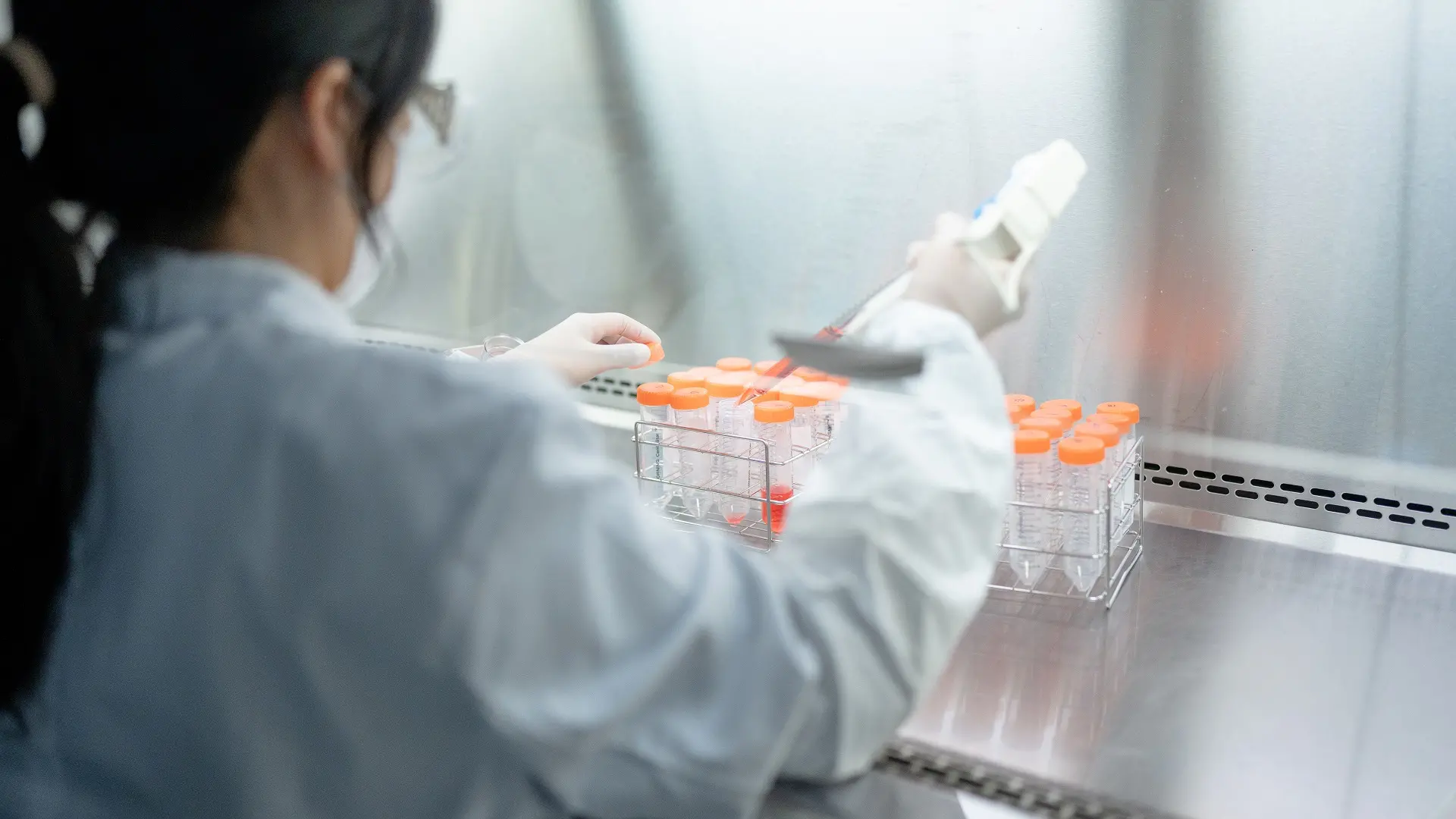Optimizing charge and N-glycan profiles for CHO-derived fusion proteins

As molecular formats grow more complex, consistent control of charge variants and N-glycan profiles becomes increasingly critical to meet target product profiles. Design-of-experiment (DoE) studies provide an efficient framework for building process understanding and optimizing robust manufacturing strategies.
Using this approach, Samsung Biologics achieved a 7% reduction in acidic charge variants, a 25% reduction in basic charge variants, and measurable shifts toward desired glycoforms, such as afucosylation, galactosylation, and high-mannose.
Read more in our case studies to see these outcomes demonstrated in both a bispecific Fc fusion protein and an Fc fusion.

As molecular formats grow more complex, consistent control of charge variants and N-glycan profiles becomes increasingly critical to meet target product profiles. Design-of-experiment (DoE) studies provide an efficient framework for building process understanding and optimizing robust manufacturing strategies.
Using this approach, Samsung Biologics achieved a 7% reduction in acidic charge variants, a 25% reduction in basic charge variants, and measurable shifts toward desired glycoforms, such as afucosylation, galactosylation, and high-mannose.
Read more in our case studies to see these outcomes demonstrated in both a bispecific Fc fusion protein and an Fc fusion.
Related Content